Rage is in the air
At times, the pandemic has brought out the best in humanity, but it has also brought out the worst

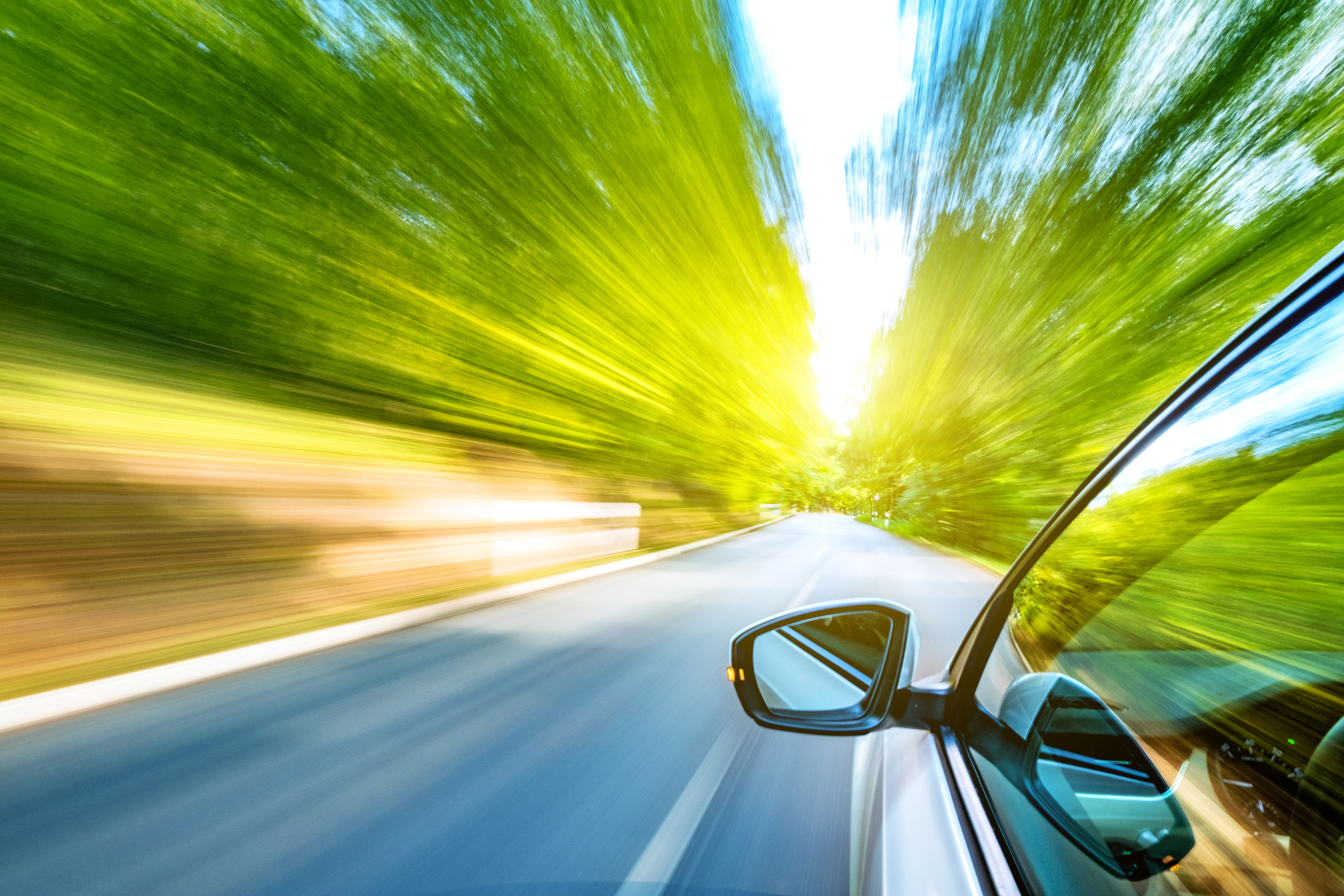
A free daily email with the biggest news stories of the day – and the best features from TheWeek.com
You are now subscribed
Your newsletter sign-up was successful
This is the editor's letter in the current issue of The Week magazine.
I was recently tooling down the middle lane of a crowded highway when a $75,000 SUV blew past me in the right lane at roughly 100 mph. He abruptly cut in front of me and zigzagged through heavy traffic, braking, speeding up, abruptly weaving in and out of all three lanes. In my rearview mirror I saw another weaving SUV coming up at the same speed, and then a third. Their hyperaggressive driving was deranged, but unfortunately not unusual. As perhaps you've noticed, the roads are now full of deranged drivers doing 90 mph or more, or roaring down residential streets at double the local speed limit, as if no one else mattered. From Maine to California, police say they've caught more motorists driving recklessly and exceeding 100 mph than ever before. "People are flying down the roads," a Maine state trooper tells The Associated Press. "It's just ridiculous."
What's this about? The pandemic, I think, has given us a collective case of PTSD. We have all experienced an acute loss of control; an invisible virus has governed how and whether we work, how our kids are educated (or aren't), how we travel, dine out, and socialize. The Delta surge — a sucker punch to the gut just as freedom seemed near — has inflamed the ambient sense of powerlessness. Rage is in the air. Reckless driving is one way of venting anger and reasserting control. So is refusing to get vaccinated, and attacking your tribal enemies online or in person, with fists and/or guns. Frustration, fear, and loss have us looking for someone to blame: the CDC, masks, Trump, Fauci, the fanatics in the other tribe, China. But these targets are distant, so people take it out on each other, especially in anonymous encounters. At times, the pandemic has brought out the best in humanity, but it has also brought out the worst. And as Yeats observed in 1919, "the worst are full of passionate intensity." Can the center hold?
The Week
Escape your echo chamber. Get the facts behind the news, plus analysis from multiple perspectives.

Sign up for The Week's Free Newsletters
From our morning news briefing to a weekly Good News Newsletter, get the best of The Week delivered directly to your inbox.
From our morning news briefing to a weekly Good News Newsletter, get the best of The Week delivered directly to your inbox.
A free daily email with the biggest news stories of the day – and the best features from TheWeek.com
William Falk is editor-in-chief of The Week, and has held that role since the magazine's first issue in 2001. He has previously been a reporter, columnist, and editor at the Gannett Westchester Newspapers and at Newsday, where he was part of two reporting teams that won Pulitzer Prizes.
-
 The Olympic timekeepers keeping the Games on track
The Olympic timekeepers keeping the Games on trackUnder the Radar Swiss watchmaking giant Omega has been at the finish line of every Olympic Games for nearly 100 years
-
 Will increasing tensions with Iran boil over into war?
Will increasing tensions with Iran boil over into war?Today’s Big Question President Donald Trump has recently been threatening the country
-
 Corruption: The spy sheikh and the president
Corruption: The spy sheikh and the presidentFeature Trump is at the center of another scandal
-
 Book reviews: ‘We the People: A History of the U.S. Constitution’ and ‘Will There Ever Be Another You’
Book reviews: ‘We the People: A History of the U.S. Constitution’ and ‘Will There Ever Be Another You’Feature The many attempts to amend the U.S. Constitution and Patricia Lockwood’s struggle with long Covid
-
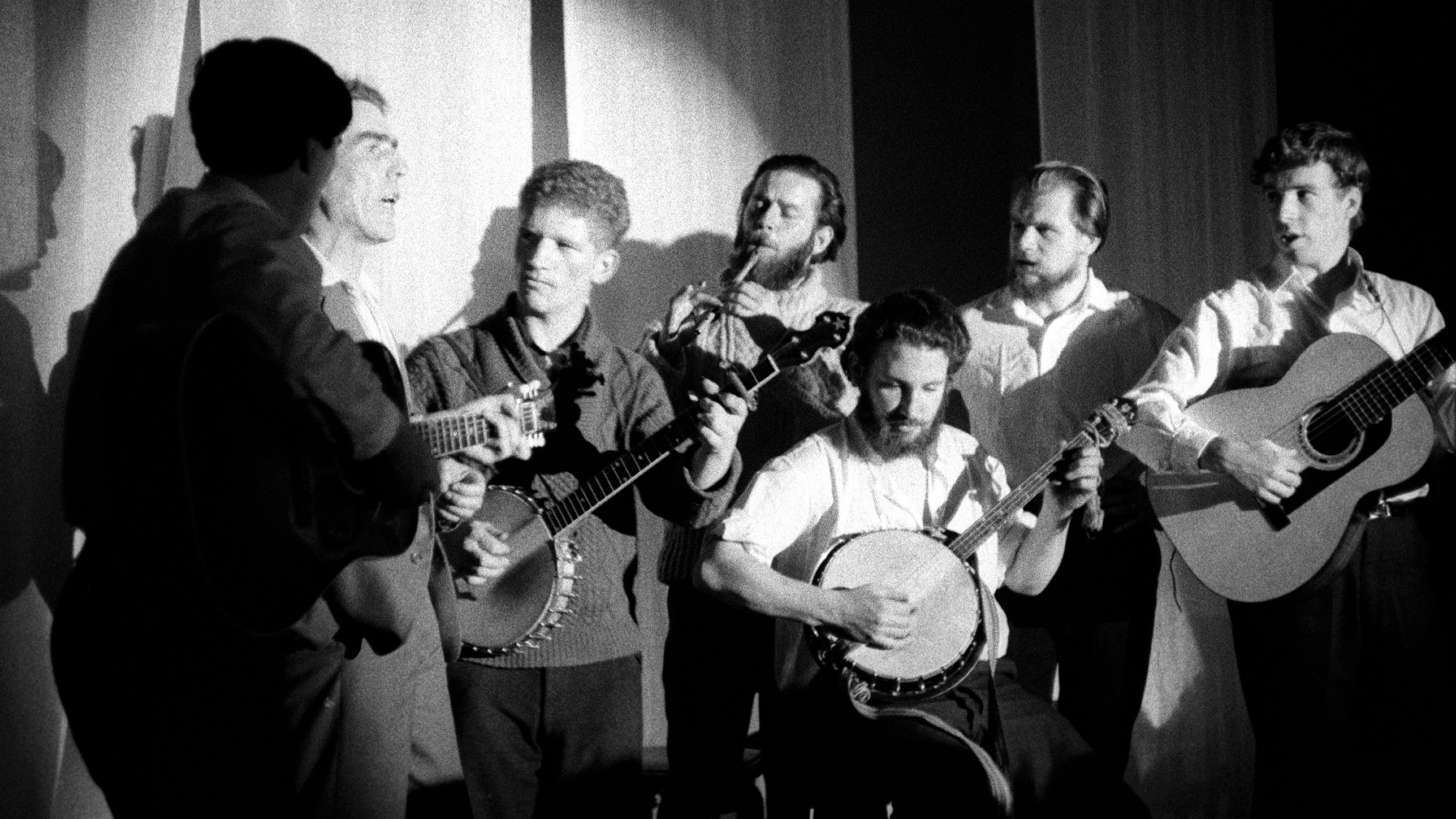 Why Irish traditional music is having a moment
Why Irish traditional music is having a momentIn The Spotlight Frustrations with isolation and technology credited for reviving 'auld' trad tunes
-
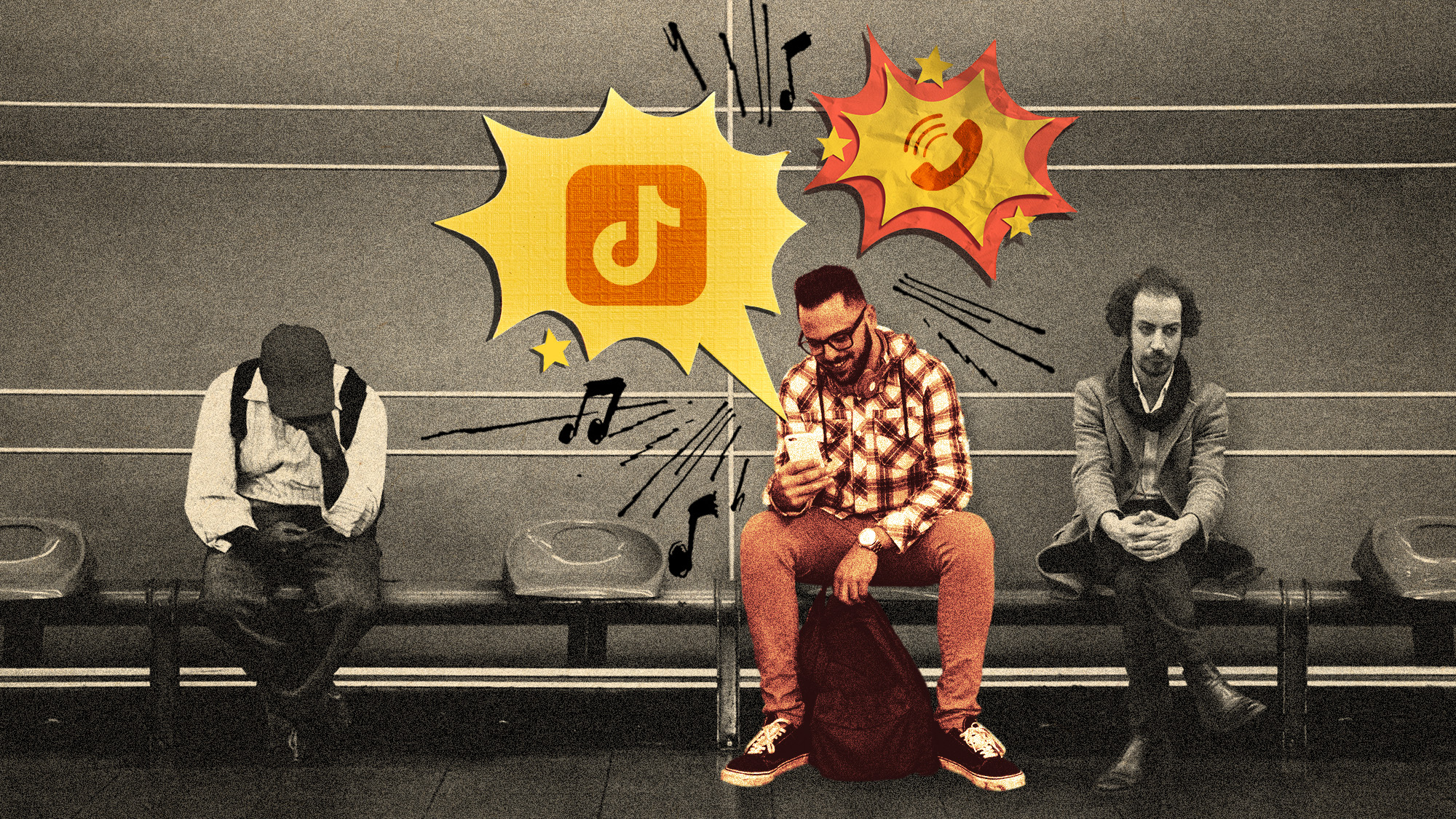 A not-so-quiet place: Why is no one using headphones in public anymore?
A not-so-quiet place: Why is no one using headphones in public anymore?Under the Radar People are increasingly comfortable with both speakerphone and watching videos (very) out loud
-
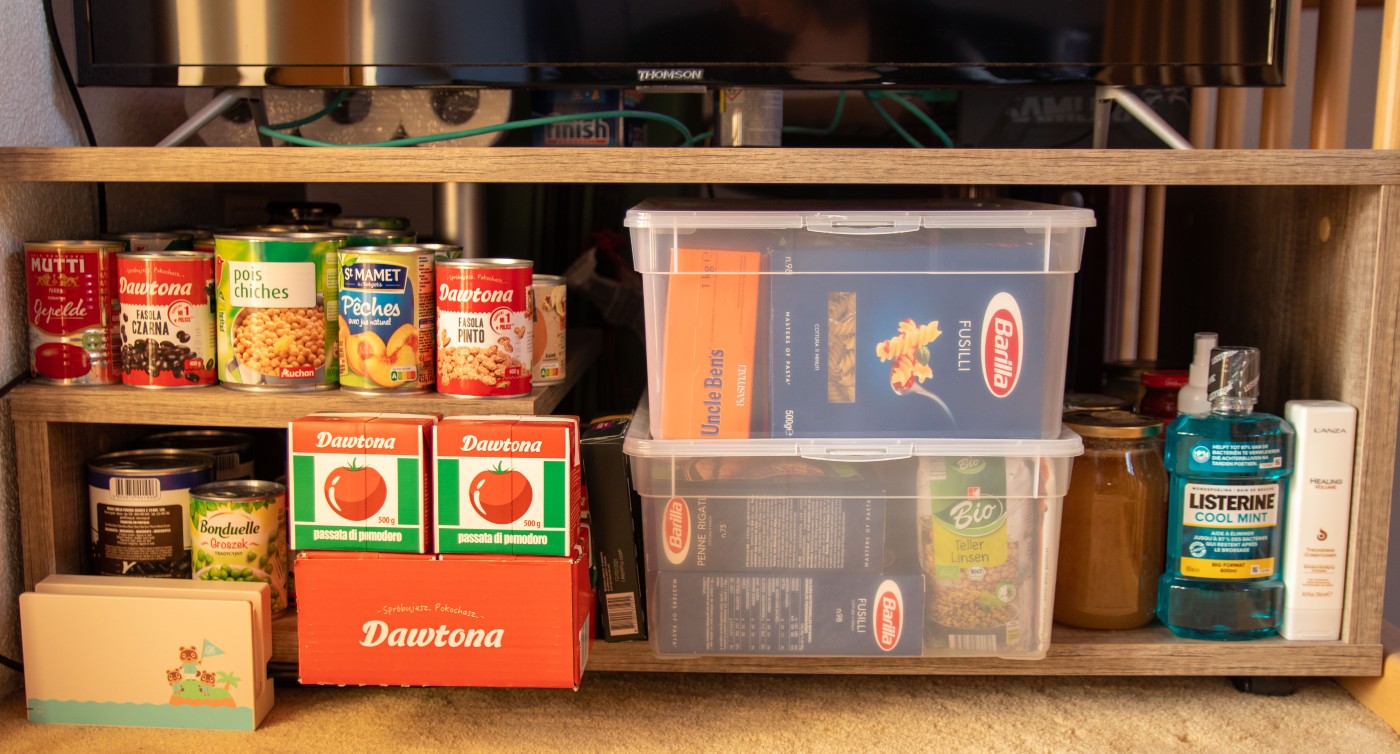 Gas masks and loo rolls: why 'preppers' are on the rise
Gas masks and loo rolls: why 'preppers' are on the riseUnder The Radar Doomsday community has expanded from 'Rambo wannabes' to 'Tesco regulars'
-
 Breathtaking: the Covid drama that may make you scream
Breathtaking: the Covid drama that may make you screamThe Week Recommends ITV three-parter is a 'tour de force' that exposes 'political complacency'
-
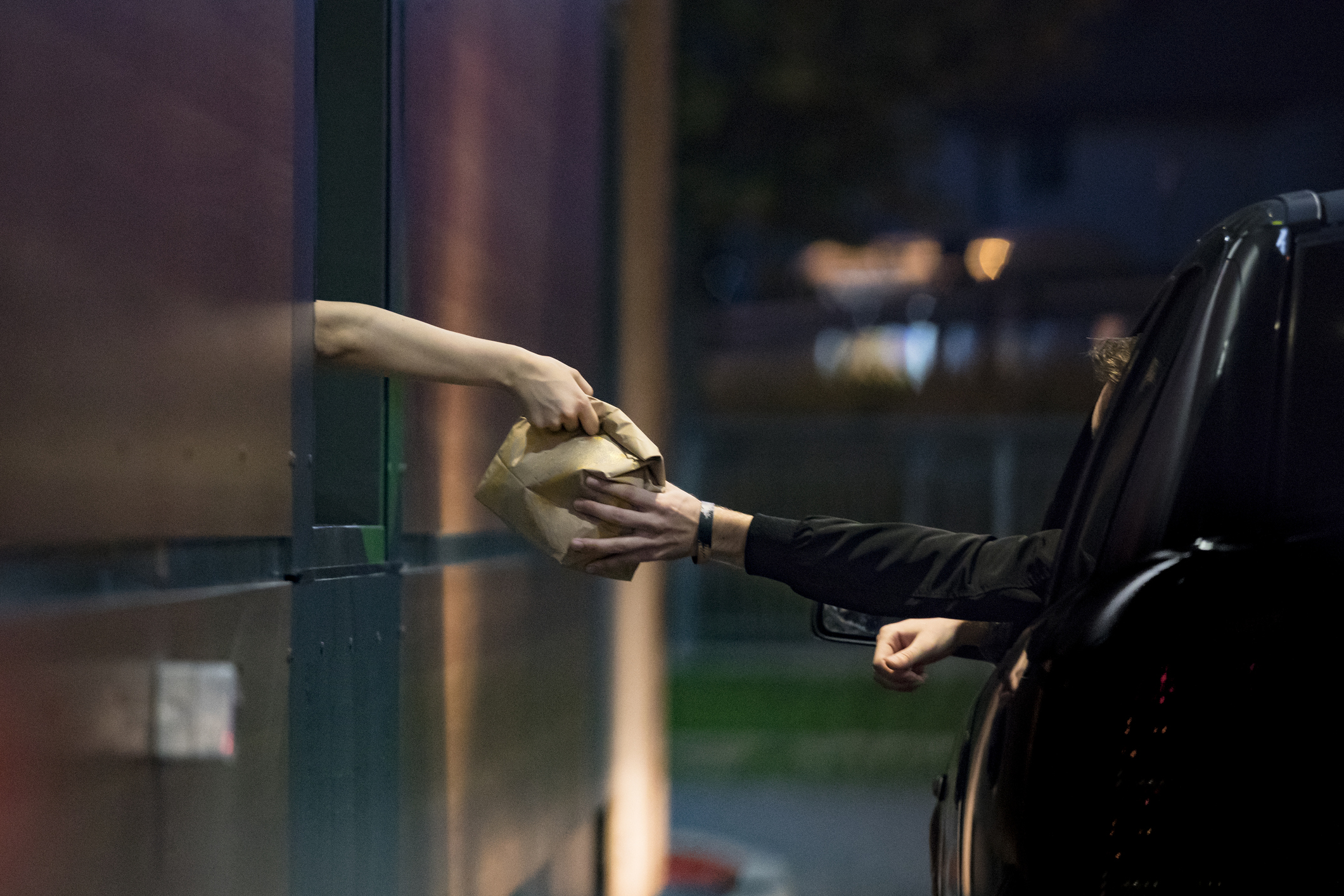 The lasting changes of the post-pandemic dining era
The lasting changes of the post-pandemic dining eraThe Explainer The newest of new normals
-
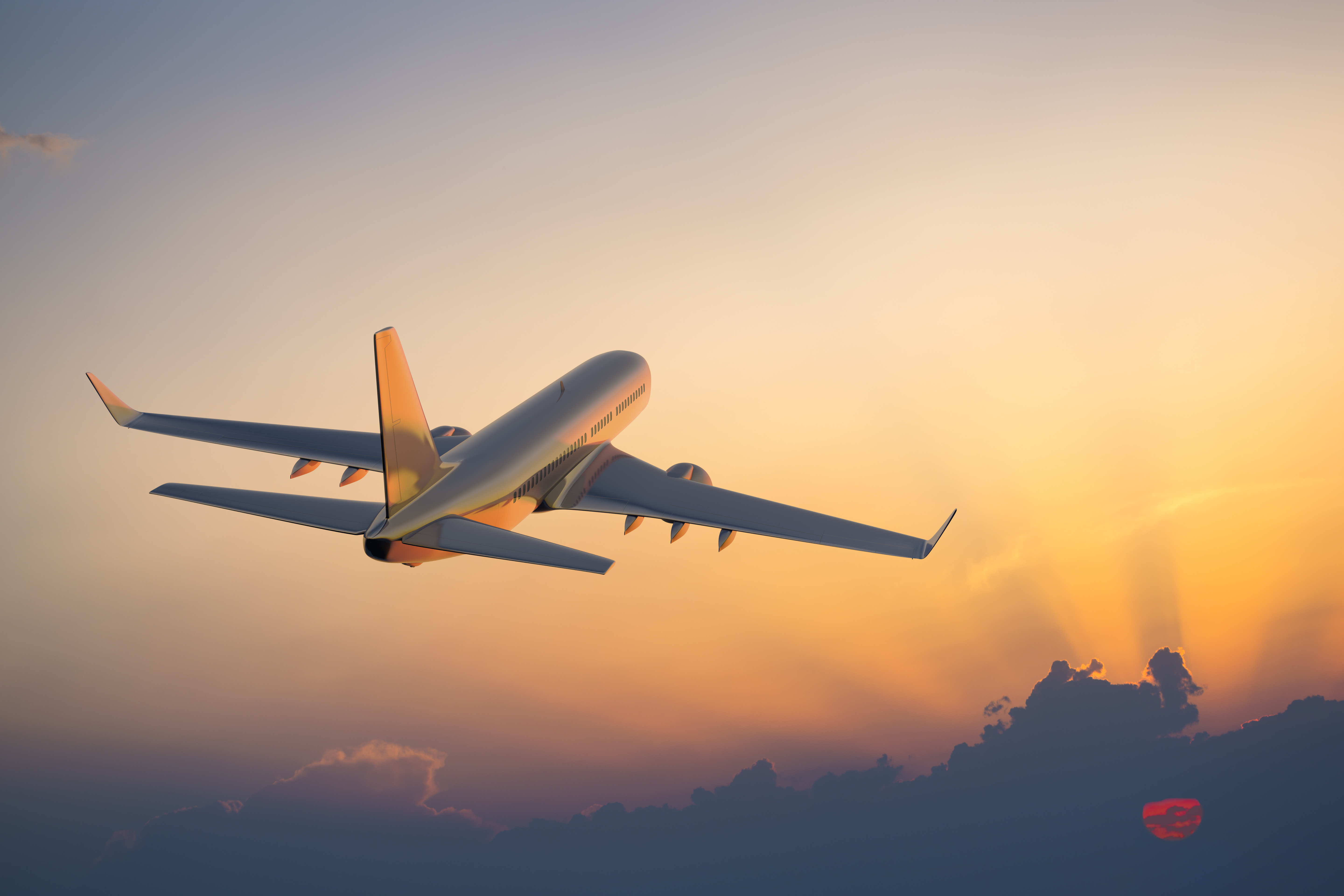 How revenge travel is impacting the aviation and tourism industries
How revenge travel is impacting the aviation and tourism industriesTalking Point The surge in travel is a far cry from the previous pandemic years during which travel took a hit
-
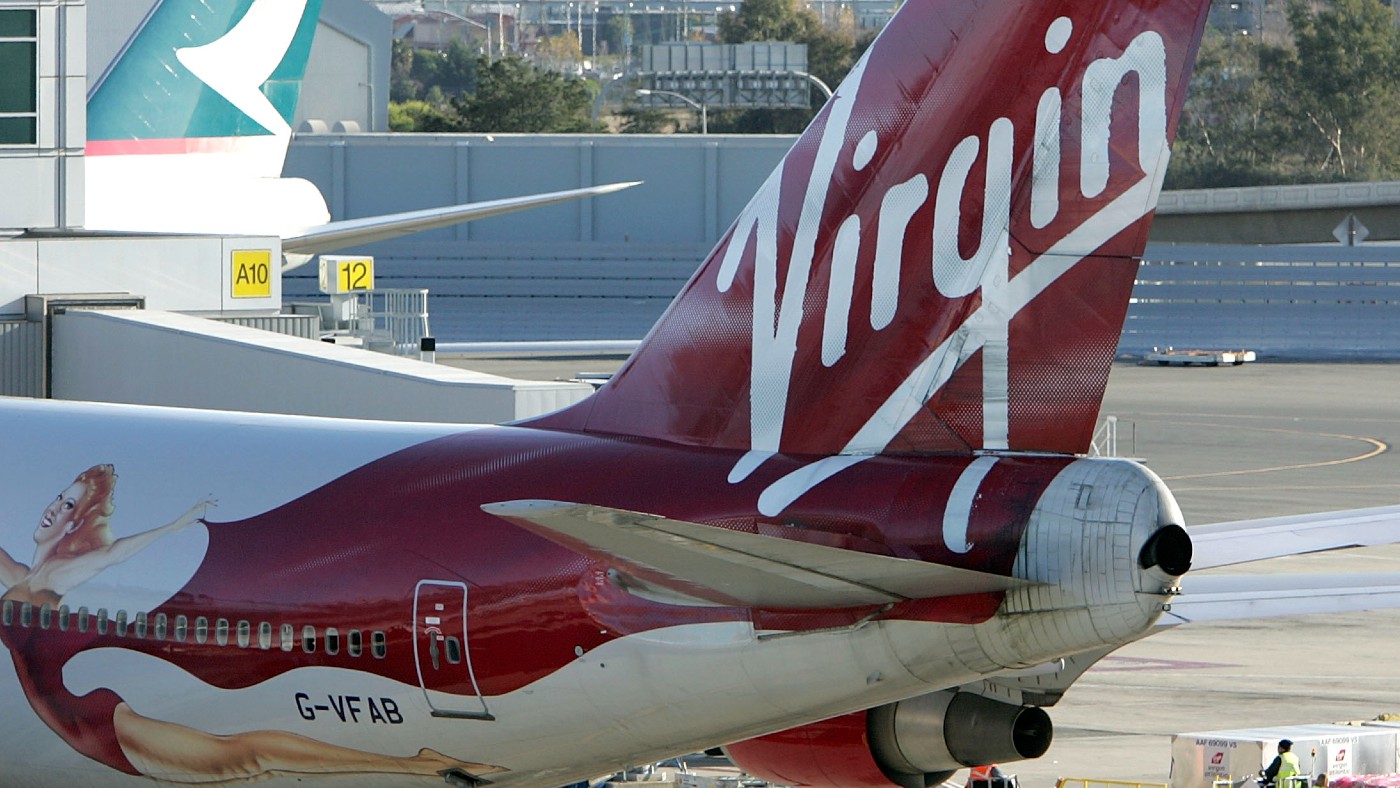 Virgin Atlantic fined for violating Iraqi airspace
Virgin Atlantic fined for violating Iraqi airspaceSpeed Read Airline said the incursions were accidental and caused by the Covid-19 pandemic
